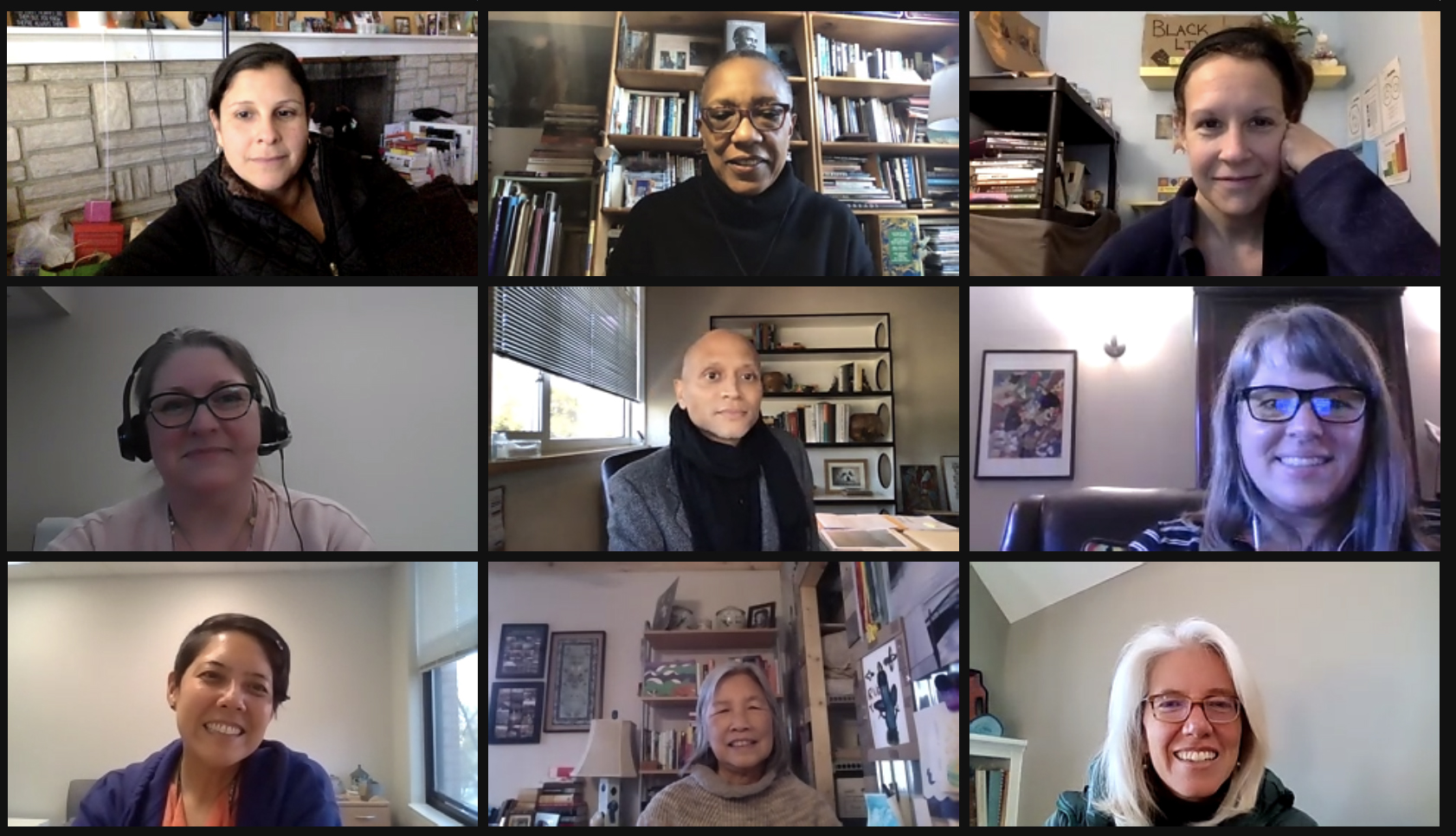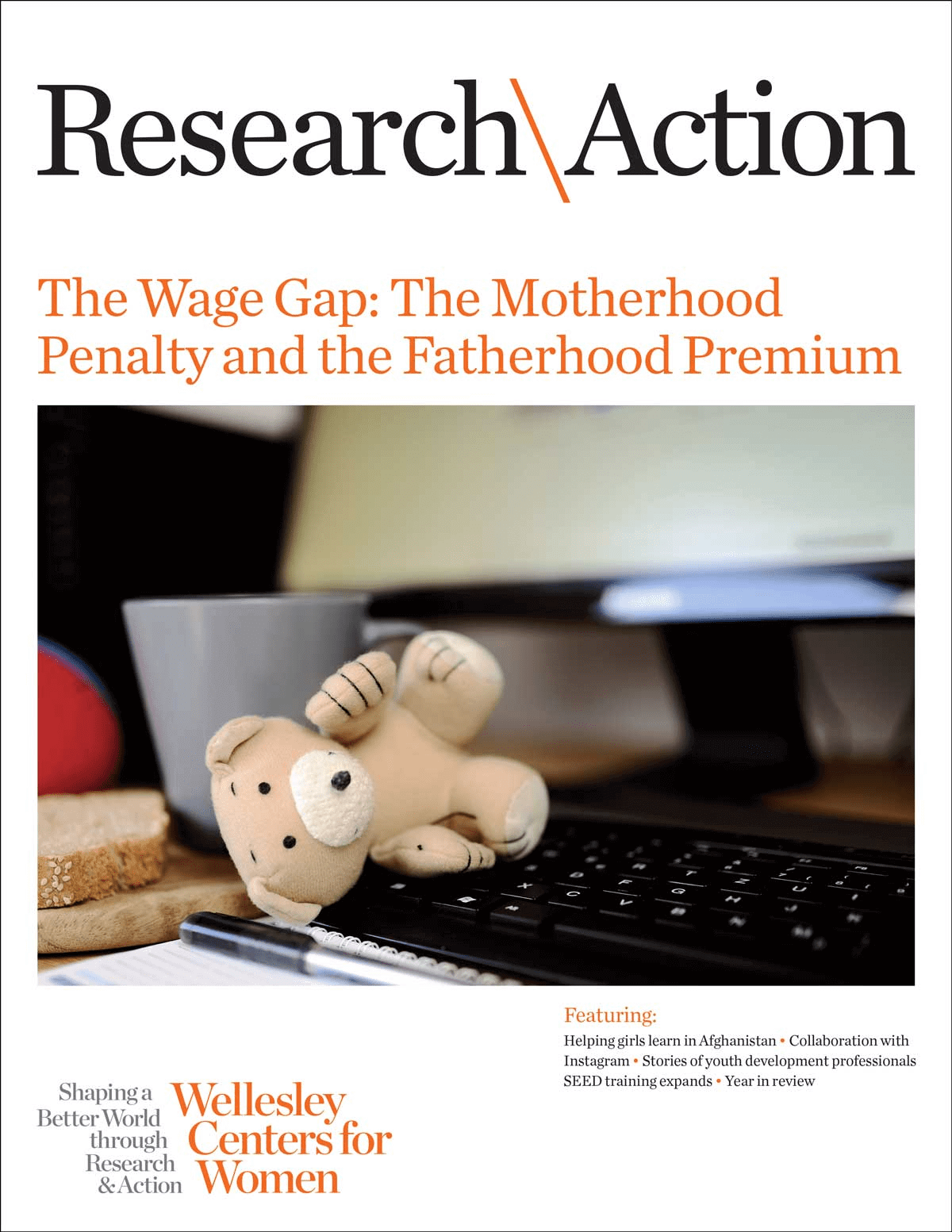 Count it among the unforeseen silver linings of a global pandemic: In summer 2020, SEED, an action program at WCW, was forced to move its annual New Leaders Training online. Since then, the program has been able to go back to in-person trainings, but has kept a virtual option that expands access and affordability for those who might not otherwise be able to participate.
Count it among the unforeseen silver linings of a global pandemic: In summer 2020, SEED, an action program at WCW, was forced to move its annual New Leaders Training online. Since then, the program has been able to go back to in-person trainings, but has kept a virtual option that expands access and affordability for those who might not otherwise be able to participate.
SEED provides transformational professional development that prepares leaders to facilitate conversations that drive social change. After New Leaders Training, SEED provides ongoing, year-round resources and support for SEED leaders as they learn, grow, and develop their own seminars in their communities, organizations, or institutions. This year, 210 leaders were trained over four sessions, two in-person and two virtual.
While in-person New Leaders Training takes place over a week during the summer, virtual New Leaders Training is now a 12-week program that meets online in either the spring or fall, with a two-hour Zoom call plus 5-7 additional hours of independent work each week. Since the virtual option eliminates travel expenses, more public schools have been able to afford to participate, in some cases sending larger groups of people to be trained. And for some participants, shorter weekly commitments spread over a longer period of time work better.
“Coming out of the pandemic, people are exhausted, so it’s important to provide flexible options that increase the likelihood they’ll be successful—rather than trying to force them into a traditional model,” said Gail Cruise-Roberson, co-director of SEED along with co-directors Emmy Howe, M.Ed., and Jondou Chase Chen, Ph.D.
The SEED team has learned over the past several years what works and what doesn’t work online, adjusting the format of New Leaders Training to help virtual participants build deep relationships with each other, just as they would in person.
It’s a place where practitioners can get support—sometimes just an affirmation that they’re doing what they need to be doing, whether that’s self-care or challenging the systems they’ve encountered.
Breakout sessions with smaller groups give each participant more time to share and allow them to feel more comfortable bringing their whole selves to the conversation. The teaching and learning software Canvas gives people a different way to be thoughtful in their responses to each other: They can write, post artwork, or give audio or video commentary. There are also virtual weekly meet-ups—both for folks undergoing training and those who have already been trained—structured around an art activity.
“The art activities are a conduit toward conversations around what people are dealing with, both personally and in SEED work,” says Cruise-Roberson. “It’s a place where practitioners can get support—sometimes just an affirmation that they’re doing what they need to be doing, whether that’s self-care or challenging the systems they’ve encountered.”
In the end, the online option works for SEED because the program intentionally facilitates deep and meaningful relationships.
“The kinds of questions we ask at SEED give an opening to intimacy that isn’t present in meetings at other organizations,” says Howe. “Face-to-face intimacy in other organizations is often created in the chit-chat before and after meetings. You don’t have those opportunities online, so we make that connection happen during our virtual sessions.”
Learn More About New Leaders Training


